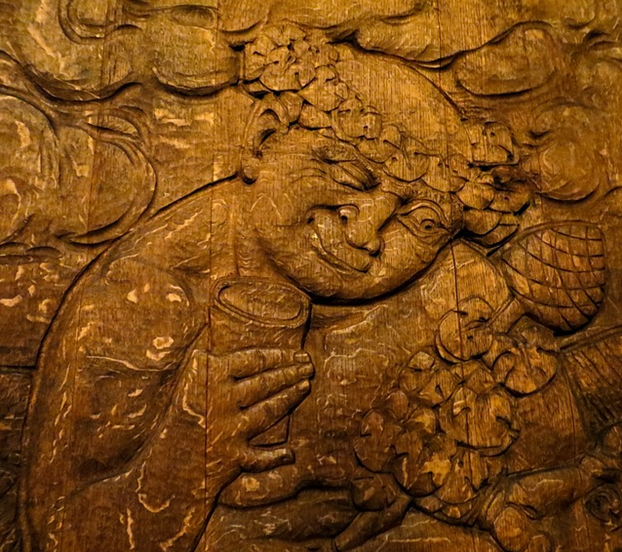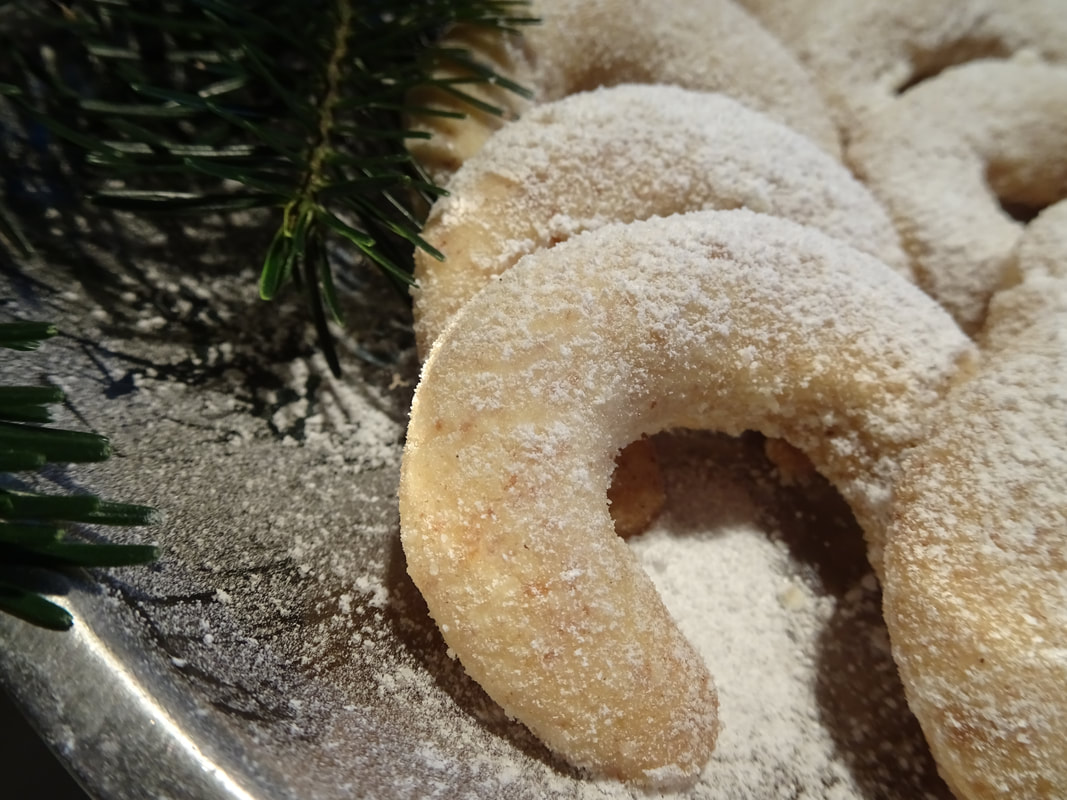Heal thyself like it’s 100 C.E.
With the holiday season here, it’s safe to assume that more than a few of us will get carried away with the festivities. Whether it’s too much holiday spirit or too many glasses of spiced wine, Christmas and New Year celebrations often result in a mean headache.
Fear not, our handy guide to recovering from a Christmas hangover like an ancient Roman will have you back on your feet in no time.
Back in the glory days of the Roman Empire, wine was a big hit. It was consumed for pleasure and debauchery but also added to water as a means of “purifying” it. Wine was served with every meal, at every feast, and to every guest. Even children would drink with their meals.
Is last Saturday night causing you Sunday morning problems? Did you party all night like Bacchus let loose in a vineyard with a bunch of lustful satyrs?
Here’s your recovery plan:
#1. Wear Flowers in Your Hair
This is twofold. Firstly, you’ll look pretty. Any vague unease or whiff of embarrassment you’re carrying from the night before with vanish when you don one of these instant confidence-boosters.
Secondly, like the Romans, you can use your flower crown to let others know that you’re full of power and virility. The flower crown also signified eternity, by wearing your wreath of laurel or poplar you will let the world know that you will make it through this hangover — even if Sunday feels like an eternity.
#2. Curative Wreaths
Above and beyond looking good and smelling great, flower crowns and wreaths were also used as a medicine. Snippets from ancient Greek and Roman texts show that doctors devoted whole treatises to the healing powers of wreaths.
They were so important that the great naturalist and philosopher, Pliny, dedicated the whole of his twenty-first volume of ‘Natural History’, his magnum opus, to flowers and plants that were suited to wreaths.
#3. Eat the Right Foods
The modern-day hangover cure of cola and a cheeseburger pales in comparison to the healing powers of a Roman morning-after fry-up.
Our ancient friends were actually less concerned with curing themselves after a big night than they were with preventing a hangover in the first place. To that end, it was recommended that swallows’ beaks were eaten before getting stuck into the vino.
If it was left too late and/or the beaks didn’t do the trick, pig offal was a suitable cure. Sheep lungs and owl eggs were also popular.
#4. Ingest a Toxic Soup to Help You Purge
Back in the day, a perfectly valid hangover was a nasty-tasting, toxic soup with the plant Oleander as a key ingredient.
Oleander is poisonous in large dosages, so the chef who concocted the brew had to make sure that the proportions were just right. Too much and the person with the hangover could die. The right amount would just make them throw up for a while. Here’s what ancient physicians have to say on the matter:
"If a man has taken strong wine and his head is affected ... take licorice, beans, oleander, [with] oil and wine ... in the morning before sunrise and before anyone has kissed him, let him take it and he will recover."
#5. Read the Classics
Still feeling rough around the edges? If so it’s time to get lost in a good epic poem. Think you’re having a bad day? It could be worse. Consider Odysseus, this poor guy spent 10 years trying to get home after the Trojan War in Homer’s ‘The Odyssey’.
On the way he does spend a fair bit of time eating, drinking, and making love to the demi-human but oh-so-beguiling Circe, so perhaps we needn’t feel too sorry for him.
#6. Cabbage in Abundance
According to the ancient Romans and Greeks, cabbage and Brussels sprouts are a natural cure for hangovers. Simply eat cabbage and counteract the effects of too much wine.
The wisdom behind this is that grapevines and cabbage plants were natural “enemies”. In fact, the Roman thought that planting cabbage near a vine would cause the vine to wither.
Still hungover? If so, our condolences, and we hope that next time you’ll remember to have a few swallows’ beaks before you start imbibing! [Alexandra's note: Or eating too many 'Vanillekipferl' (vanilla half-moons, see pic below), a traditional type of Christmas cookie on the continent!]


 RSS Feed
RSS Feed